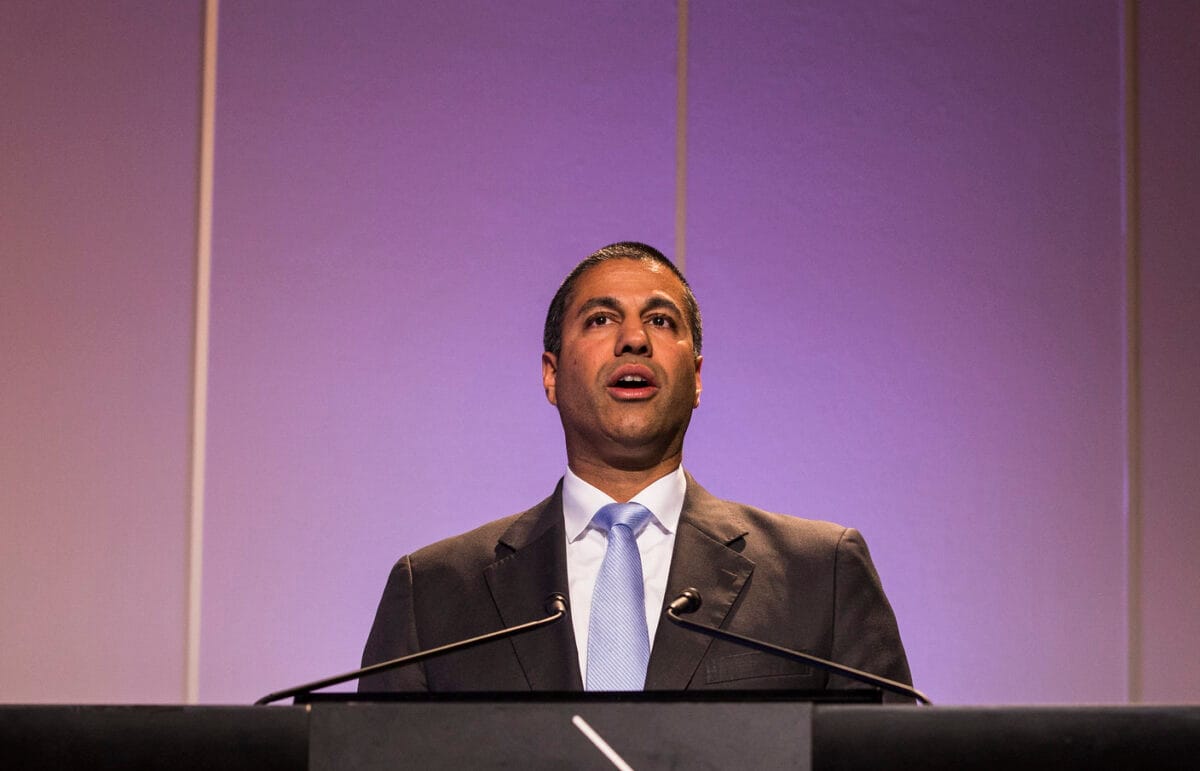Federal Communications Commission’s Top Priority is Closing Digital Divide, Says Ajit Pai
June 25, 2020 — Federal Communications Commission Chairman Ajit Pai on Thursday reiterated how important it is to the agency to close the digital divide. Closing the divide has been at the top of his list of priorities since he first joined the agency, Pai said during a speech at Carnegie Mellon Uni










Member discussion